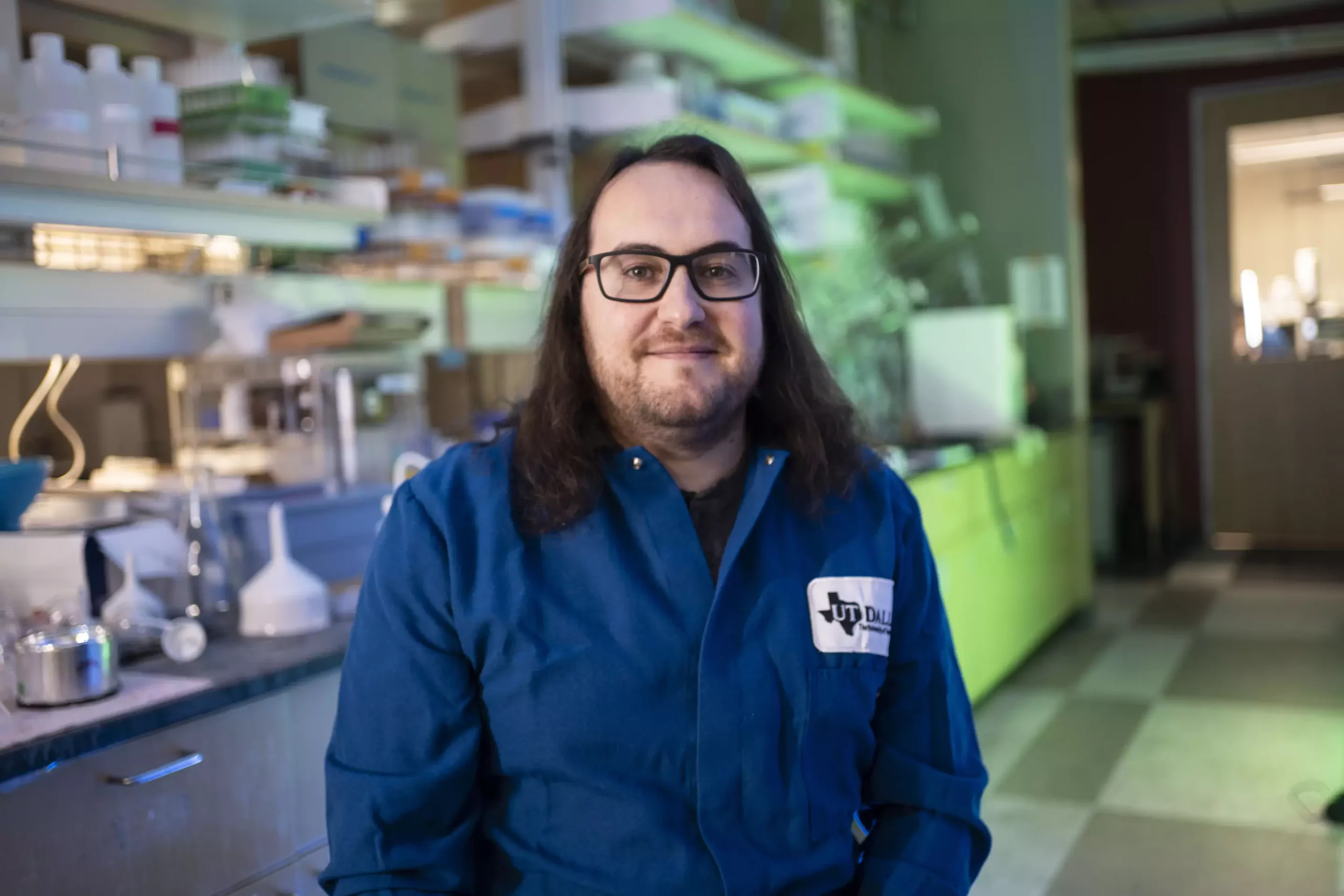Enantiomers, or mirror-image molecules, play a crucial role in various biochemical processes within the human body. These molecules exist in two forms: left-handed (S) and right-handed (R), which exhibit identical physical and chemical properties yet can elicit vastly different biological responses. Their significance is particularly evident in the fields of medicinal chemistry and drug development, where the target therapeutic effects often depend on the specific enantiomer present. Recent developments in chemical synthesis are poised to revolutionize our ability to isolate these compounds selectively for therapeutic use.
Researchers from the University of Texas at Dallas, led by Dr. Filippo Romiti, have pioneered a groundbreaking approach that could transform how scientists synthesize enantiomers. By creating a new chemical reaction that allows for the efficient and selective production of either the left or right-handed enantiomer, the team aims to address a long-standing challenge in pharmaceutical research: the ability to produce selective compounds that can be assessed for potential efficacy against a range of health conditions, including cancer, depression, and inflammation.
In a study recently published in the prestigious journal Science, the researchers showcase their innovative method of synthesizing polycyclic polyprenylated acylphloroglucinols (PPAPs). This class of natural products, which encompasses over 400 different compounds, demonstrates a myriad of bioactivities, from combating cancer to targeting neurological disorders. The new synthesis technique employs prenyl groups—five-carbon units—added to enones in a single step, employing a novel catalyst. This approach not only fulfills the efficiency requirements of modern drug design but also emulates the natural processes that organisms have employed for millions of years.
Dr. Romiti emphasizes that nature has already perfected the synthetic methodologies that molecular biologists strive to replicate. “Nature is the best synthetic chemist of all; she’s way ahead of us,” Romiti stated. The rapid, energy-efficient synthesis process developed by the research team fills a significant gap in the existing methodologies, allowing for reactions to be completed within just 15 minutes at room temperature, a marked improvement over methods requiring extensive heating or cooling.
The implications of this discovery extend far beyond mere academic curiosity. The ability to synthesize enantiomers rapidly and in significant quantities opens up new avenues for drug discovery, particularly in creating and testing analogs of natural products. These optimized versions can lead to more effective treatments with fewer side effects, thus facilitating broader therapeutic applications. For instance, in their preliminary studies, the researchers demonstrated the potential of their synthesized nemorosonol enantiomers against lung and breast cancer cell lines, revealing promising effects that warrant further investigation.
The synthesis of isolated enantiomers enables researchers to ascertain which specific forms of a compound exhibit beneficial effects. As demonstrated with nemorosonol—an antimicrobial agent derived from the Brazilian tree—understanding the enantiomer-specific properties could clarify which version is responsible for certain therapeutic activities. Dr. Romiti highlighted the importance of these findings, noting that determining the enantiomer responsible for specific bioactivity is crucial for advancing treatment efficacy.
The work conducted by Dr. Romiti and his collaborators has relevance beyond the specific compounds studied. With a scalable and efficient synthetic pathway now available, researchers can explore previously inaccessible natural products and their analogs for drug development. The methodology is designed with pharmaceutical applications in mind, presenting a “new tool for chemists and biologists” to explore an expanded repertoire of compounds.
Looking ahead, Dr. Romiti expressed excitement about applying this synthesis technique to other classes of natural products, further expanding the potential for new drug candidates. The ability to derive and optimize natural compounds into therapeutic agents will be pivotal for addressing various diseases, ultimately enhancing our arsenal against complex medical challenges.
The groundbreaking work undertaken by the team at the University of Texas at Dallas marks a significant advancement in synthetic chemistry. By facilitating the efficient production of enantiomers, this research not only propels drug discovery forward but also underscores the intricate relationship between nature and the tools we develop in the pursuit of health and healing.



Leave a Reply